Women's and Gender Studies has a long tradition of sponsoring a wide range of intellectually engaging events. These have included talks by prominent scholars and activists, workshops, and roundtables as well as presentations by undergraduates and graduate students in our program. Read on to learn more about the great programming we have hosted over the years.
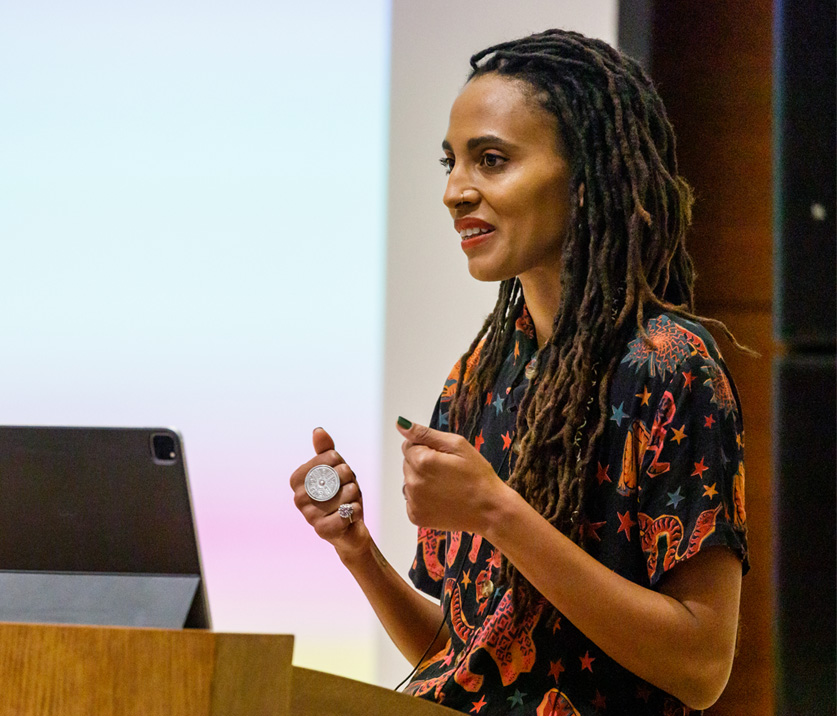 |
September 21, 2022 Kamilah Willingham "Healing from Sexual Trauma: A Dialogue with Kamilah Willingham" 2022 WGS ANNUAL LECTURE Kamilah Willingham is a writer, national activist, and civil rights advocate. Kamilah's work is grounded in advancing the rights of survivors of sexual violence in prisons, schools, and beyond, highlighting the culture of silence and inequity that dominates social and systemic responses to gender-based violence. In 2016 Kamilah spearheaded the viral social media campaign, #JustSaySorry. This campaign encouraged survivors of campus sexual assaults and gender-based violence to petition for an apology from their institutions, calling attention to the resilience of survivors and the failures of schools to submit to basic measures of accountability. Kamilah investigates the consequences of patriarchy and misogyny, at the intersections of race and sex, and illustrates how our culture, norms and institutions are complicit in this abuse. Kamilah has trained a variety of stakeholders, from prison guards to campus officials, on their responsibilities to prevent and address sexual violence among their ranks and within their environments. Through this work, Kamilah invites audiences to explore healing from trauma as a path to resistance and revolution. Through her nuanced and personal perspective Kamilah helps audiences imagine alternative systems for healing and reconciliation outside of our justice system. |
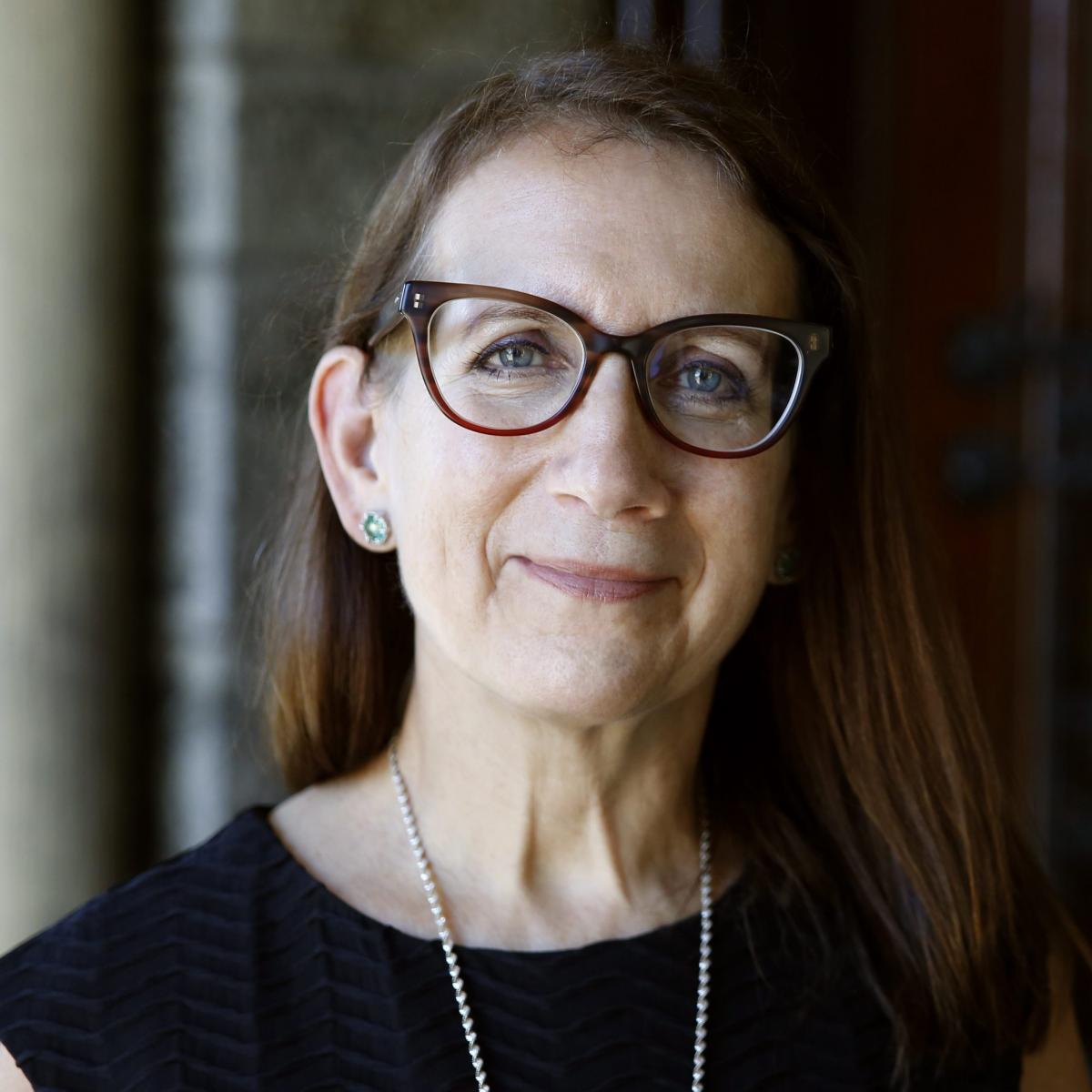 |
September 14, 2021 Katharine Donato "Gender and International Migration: From Slavery to Present" 2021 WGS Annual Lecture In collaboration with the School of Global Integrative Studies, Women’s & Gender Studies will host Professor Katharine Donato of Georgetown University who will deliver WGS’s 2021 Annual Lecture, an event that is free and open to the public. As a leading scholar in the interdisciplinary study of women and im/migration, Donato complements well recent events on UNL’s campus, including the Hostile Terrain Project and the Human Trafficking Conference whose theme was labor migration. |
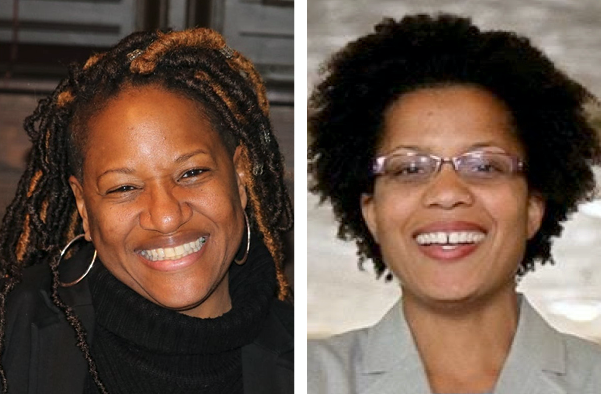 |
October 12, 2020 Drs. Jeannette Jones and Zakiya Luna "Say Their Names: Centering Black Women in the Struggle for Justice" 2020 WGS Annual Lecture In this virtual panel, Drs. Jeannette Jones (UNL) and Zakiya Luna (University of CA - Santa Barbara) examined the often-overlooked activism and leadership of women of color in the United States. This dialogue and discussion allowed us to hear from two outstanding scholars and then to ask questions and discuss together. |
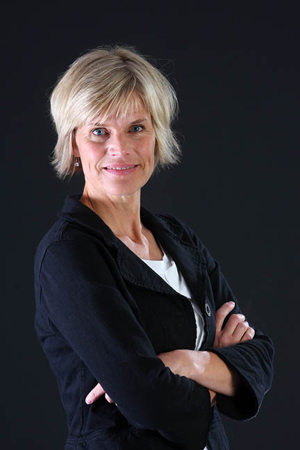 |
September 26, 2019 Tomi-Ann Roberts "Objects in Mirror are Closer than They Appear" 2019 WGS Annual Lecture In October 2017, Tomi-Ann Roberts was launched into the public limelight when she came out in the New York Times as a victim of sexual harassment by Harvey Weinstein when she was a college student. She has since been featured in countless news stories describing the connection between that experience, and many others, and her scholarly work. In 1997 she and her co-author proposed a theoretical perspective to guide research and advocacy in the psychology of sexual objectification, arguing that it is a form of sexism wherein women and girls are treated as collections of body parts, valued predominantly for their consumption by others, and the pernicious ways this treatment gets internalized as self-objectification. This talk explored some of the academic and public policy work that has sprung from objectification theory over the past 20+ years, providing a feminist scholarly frame for the #MeToo movement. |
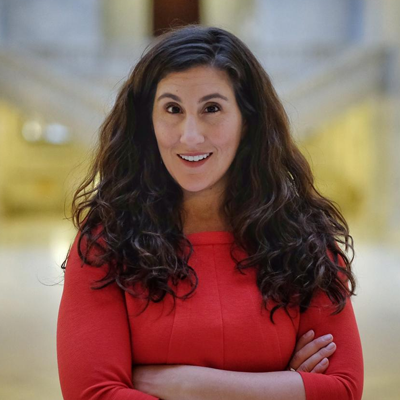 |
March 8, 2019 Shireen Ghorbani "We Are The Leaders" 2019 No Limits Conference / SPRING 2019 WGS COLLOQUIA Ghorbani is a former candidate for the US House of Representatives and was featured on the cover of the issue of Time magazine that showcased the movement of women inspired to run for office in 2018. She shared lessons learned from a pathway to politics that followed lines of academia and activism. At the intersection of authenticity, rage, and a deep desire to do better, Ghorbani offered a call to action and an invitation to, in the words of Grace Lee Boggs, reckon with the notion that “we are the leaders we've been waiting for.” |
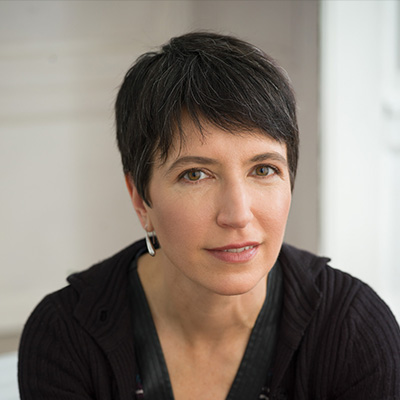 |
April 9, 2019 Lara Freidenfelds "Perfect Pregnancies and Mourned Miscarriages: A History of Modern Childbearing" Spring 2019 WGS colloquia Freidenfelds is a historian of sex, reproduction, and women's health in America, and the author of The Modern Period: Menstruation in Twentieth-Century America. In her talk, Freidenfelds offered a far-reaching look at the rise of our current childbearing culture from its earliest glimmers in the Revolutionary era to today. She concluded with suggestions for ow we might set realistic and humane expectations for childbreaing, and accept the inevitable imperfections of this most human of endeavors. |
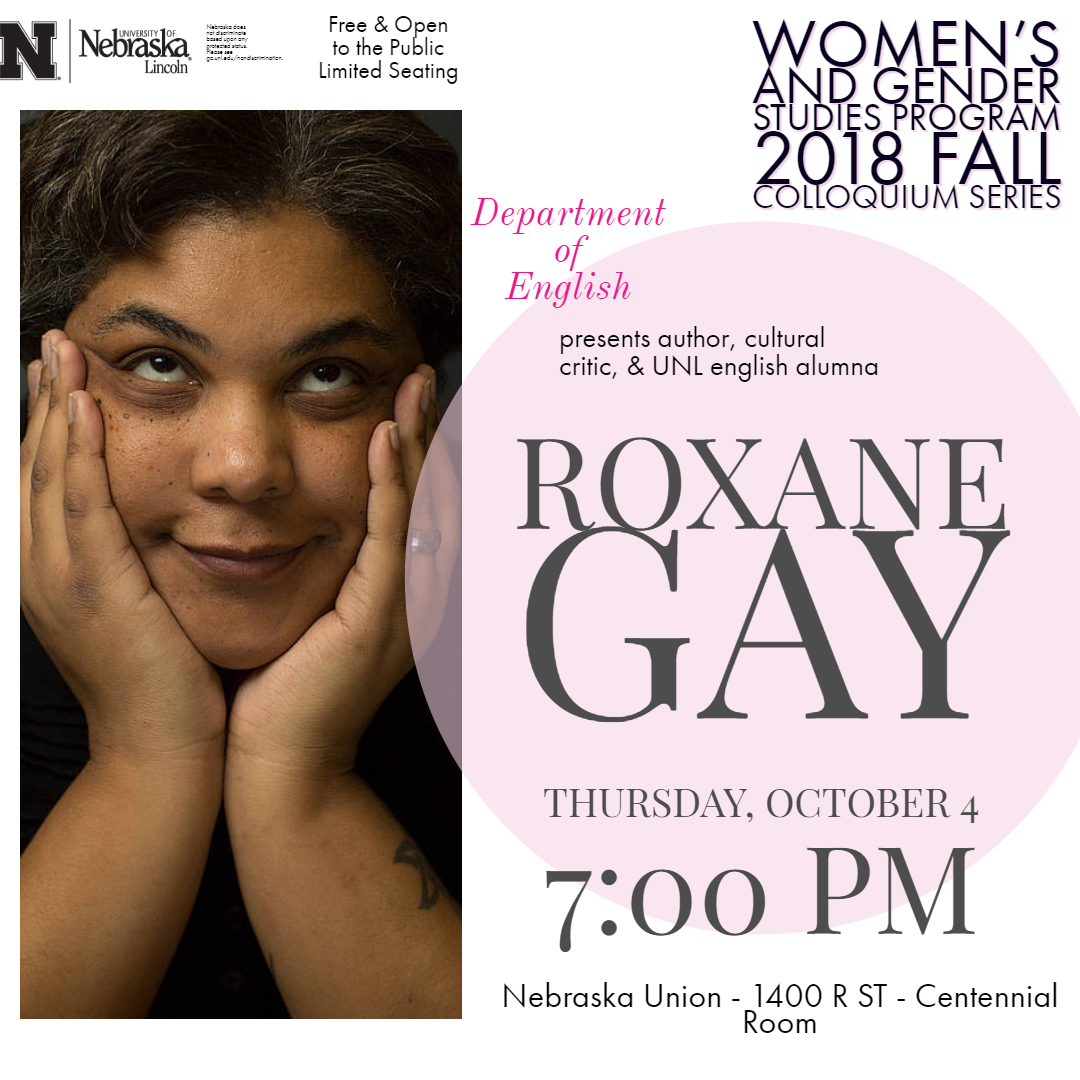 |
October 4, 2018 Roxane Gay Reading from Hunger Fall 2018 WGS colloquia Roxane Gay is an author, cultural critic, and University of Nebraska–Lincoln English alumna whose writing is unmatched and widely revered. Her work garners international acclaim for its reflective, no-holds-barred exploration of feminism and social criticism. With a deft eye on modern culture, she brilliantly critiques its ebb and flow with both wit and ferocity. In this informal discussion-style presentation, Gay read passages from her highly anticipated memoir, Hunger: A Memoir of (My) Body, and engaged in lively Q&A with the audience. |
| October 8, 2018 Jaclyn Friedman "How to Have Sex Without Getting Hurt or Being a Jerk" Fall 2018 WGS colloquia Jaclyn Friedman is the creator of Yes Means Yes: Visions of Female Sexual Power and a World Without Rape, What You Really Really Want: The Smart Girl’s Shame-Free Guide to Sex & Safety, and her latest, Unscrewed: Women, Sex, Power and How to Stop Letting the System Screw Us All. Her podcast, also called Unscrewed, is paving new paths to sexual liberation, and was named one of the Best Sex Podcasts by both Marie Claire and Esquire. Friedman’s work has popularized the “yes means yes” standard of sexual consent that is quickly becoming law on many US campuses. |
|
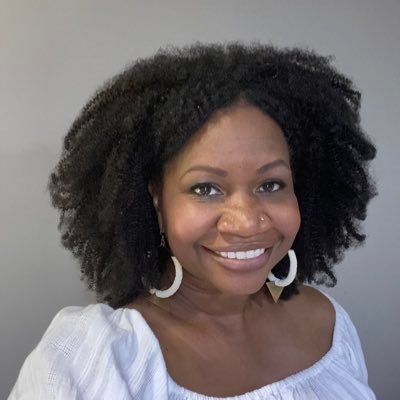 |
April 2, 2018 Deirdre Cooper Owens "Medical Bondage & the Birth of Gynecology" Spring 2018 WGS colloquia Dr. Deirdre Cooper Owens moves between southern plantations and northern urban centers to reveal how nineteenth-century American ideas about race, health, and status influenced doctor-patient relationships in sites of healing like slave cabins, medical colleges, and hospitals. She retells the story of the rise of modern gynecology from the perspectives of black enslaved women and Irish immigrant women. |
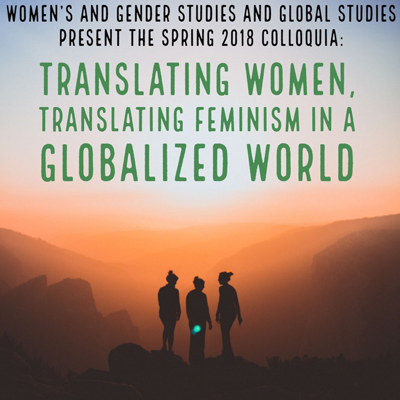 |
February 15, 2018 A roundtable discussion that featured four Global Studies undergradutes with an interest in women, gender, and feminism. |
 |
March 26, 2018 |
 |
April 12, 2018 Faculty Panel (Luis Rosa, Isabel Valázquez, and Angel Maldonado) "Picturing Gender in a Globalized World: A Roundtable Discussion" SPRING 2018 WGS COLLOQUIA: Translating Women, Translating Feminism in a Globalized World |
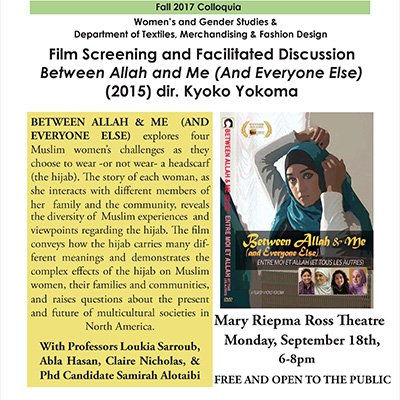 |
September 18, 2017 Kyoko Yokoma and Professors Loukia Sarroub, Abla Hasan, Claire Nicholas & PhD Candidate Samirah Alotaibi "Between Allah and Me (And Everyone Else (2015): Film Screening and Discussion" Fall 2017 WGS colloquia: Gender, Fashion, and the Media BETWEEN ALLAH & ME (AND EVERYONE ELSE) explored four Muslim women’s challenges as they decide to start covering their hair with headscarf, or hijab, or stop covering. Each woman reveals a completely different narrative as she interacts with different members of society who have their own opinions and ideas about the hijab. The film unveils how the hijab carries many diverse meanings and messages that may surprise non-Muslims, and also reveals the intricate and complex effects of hijab on Muslim women, their families and communities, and the larger multicultural society in the West. |
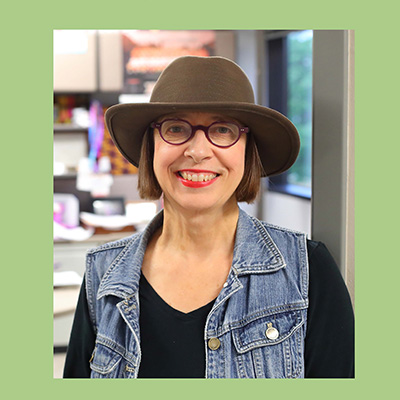 |
October 4, 2017 Annette Lynch "The Rise of Pop Culture Porn Chic: Media, Fashion, and Emerging Paths to Gender Justice on a College Campus" FALL 2017 WGS COLLOQUIA: GENDER, FASHION, AND THE MEDIA Lynch discussed how the mainstreaming of pornographic imagery into fashion and popular culture at the turn of the millennium in the United States and Great Britain signaled a dramatic shift in the construction of femininity and masculinity. She shared research from her book, Porn Chic: Exploring the Contours of Raunch Eroticism, focusing closely on film, campus culture, Facebook profiles, and marketing campaigns that promote “raunch as the new cool.” Famous for questioning the status quo, Lynch's research observed how hyper-sexualization trends— from sexy Halloween costumes marketed to 6-year-olds, to posting explicitly sexualized images across media—have served not to liberate men and women (as they claim to do), but instead play a role in rising incidences of sexual assault, rape, predatory behaviors, and passivity when students are confronted with relationship violence both on and off campus. |
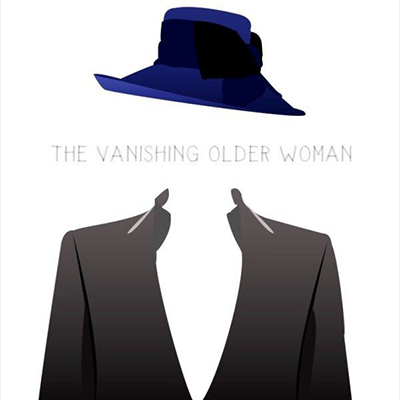 |
November 9, 2017 Kwakiutl Dreher, Christin Mamiya, and Sandra Starkey "Gender Appearance & Representation: A Roundtable Discussion" FALL 2017 WGS COLLOQUIA: GENDER, FASHION, AND THE MEDIA |
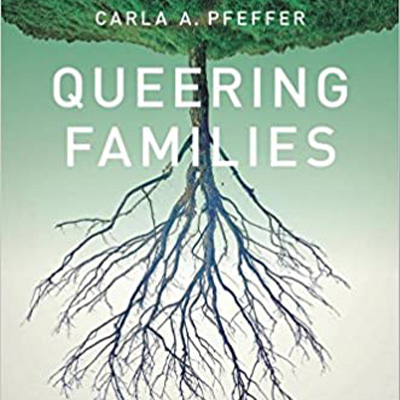 |
February 17, 2017 Carla Pfeffer "Queering Families: The Postmodern Partnerships of Cisgender Women and Transgender Men" Spring 2017 WGS Colloquia: Transgender Identities & Families While a growing body of literature on transgender men’s experiences has come to the forefront, relatively little exists to document the experiences of their partners. Drawing upon interviews with fifty cisgender women partners of transgender men in the U.S. and Canada, Pfeffer examines the experiences of a community that often seems ordinary on its surface. Queering Families details the struggles and strengths of these women as they work to build identities, partnerships, families, and communities. |
 |
March 31, 2017 Elliot Tebbe (Moderator), Mark Woodman (UNL Undergrad), Thomas Lewis (UNL Undergrad), and Jaye Stenz (UNL Grad) "Naviaging Transmasculine Life at UNL: A Brownbag Conversation Featuring Current and Former Students" SPRING 2017 WGS COLLOQUIA: TRANSGENDER IDENTITIES & FAMILIES |
 |
Fall 2016 Stephanie Browner, Amy Goodburn, Ellen Weissinger, and Joy Castro "Reimagining Ourselves & The Academy: Women in Administration" Fall 2016 Brown Bag Series |
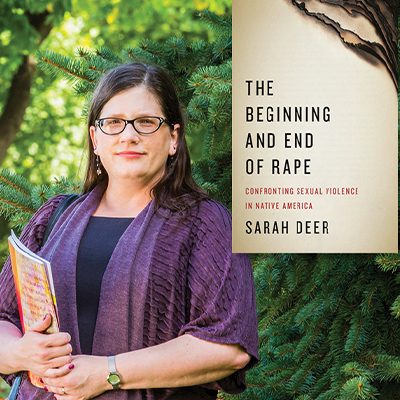 |
Fall 2016 Margaret Jacobs with Sarah Deer "The Beginning and End of Rape: A Conversation with Sarah Deer" FALL 2016 BROWN BAG SERIES |
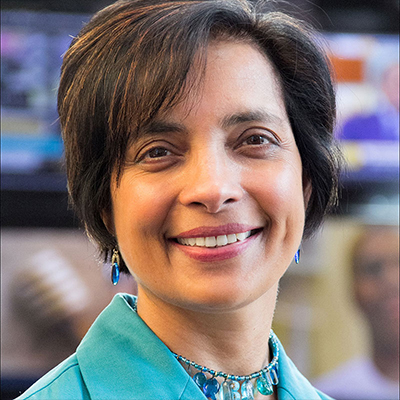 |
March 11, 2016 Meenakshi Gigi Durham "Pleasure & Danger: Sex, Violence, and Ethics in the Age of Digital Media" 2016 NO LIMITS CONFERENCE / spring 2016 wgs colloquia |
 |
April 5, 2016 Katrina Jagodinsky "Legal Codes and Talking Trees: Indigenous Women's Sovereignty in the Sonoran & Ouget Sound Borderlands, 1854-1946" SPRING 2016 WGS COLLOQUIA |
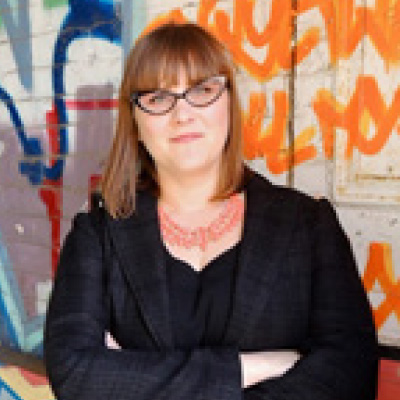 |
October 2, 2015 Catherine Connell "School’s Out: Gay and Lesbian Teachers in the Classroom" Fall 2015 WGS Colloquia: Teaching and Social Justice Dr. Catherine Connell, Assistant Professor of Sociology at Boston University, was the first speaker in the Women's and Gender Studies Fall 2015 Colloquium Series on Teaching and Social Justice. Her book, also the title of her talk, School's Out: Gay and Lesbian Teachers in the Classroom, considers the experiences of gay and lesbian identified teachers in California and Texas. In the book, Connell asks: how do gay and lesbian teachers grapple with their professional and sexual identities at work, given that they are constructed as mutually exclusive, even indeed as mutuall opposed? The book explores the tension between the rhetoric of gay pride and the professional ethic of discretion in the context of other complicating factors, from local law and politics to race and gender privilege. |
 |
January 22, 2015 Alexandra Wettlaufer "Painting Women: Gender, Representation, and Artistic Identity" Spring 2015 WGS Colloquia Professor Wettlaufer is a core faculty member of the Comparative Literature, Women’s and Gender Studies and European Studies departments. She brought to light a rich and nearly forgotten culture of women’s artistic production, allowing us to understand the nineteenth-century in more complex and nuanced ways across the borders of gender, genre, and nation. |
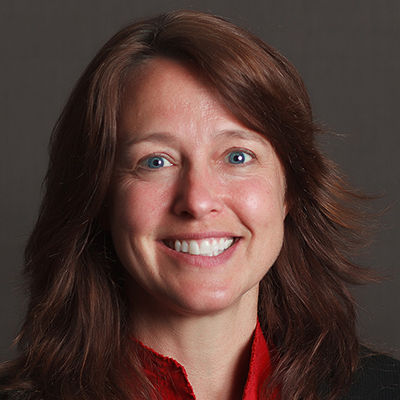 |
February 26, 2015 Patrice McMahon "Women and Conflict: The Contributions of American Foundations" Spring 2015 WGS Colloquia McMahon examined the role of American foundations in advancing women’s empowerment with a specific focus on gender initiatives in conflict and post-conflict regions. The talk is based on new research conducted with Jill Irvine of the University of Oklahoma, which draws upon comprehensive data provided by The Foundation Center to track overall funding for women’s empowerment programs from 2003 to 2013. McMahon and Irvine are particularly interested in levels of funding for women’s empowerment programs in conflict and postconflict zones, including areas experiencing civil conflict and violent popular protest. |
 |
March 19, 2015 Flanagan explored interesting women personalities who developed diverse gendered survival and subversive strategies, including Eva Svankmajerova, the godmother of Czech surrealism, painter, and filmmaker, and a self-made feminist. Brenda Flanagan is a writer, poet, performer, scholar and U.S. cultural ambassador. This talk was sponsored by Department of Modern Languages and Literatures, the Czech Program, and the Komensky Club. |
 |
April 20, 2015 Przybyszewski explained how Americans learned—and forgot—how to dress in the modern age. Her talk was sponsored by the Department of Textiles, Merchandising and Fashion Design. |
 |
October 28, 2015 Alice Kang "Muslim Women’s Activism and Legislative Reform in Niger" Fall 2015 WGS Colloquia Dr. Alice Kang, an Assistant Professor in Political Science with a joint appointment with the Institute for Ethnic Studies at the University of Nebraska-Lincoln, was the second speaker in the Women's and Gender Studies Fall 2015 Colloquium on Teaching and Social Justice. Dr. Kang argues that Muslim women are often portrayed in U.S. media in negative terms, as covered up and silent, needing to be saved. Her talk, "Muslim Women's Activism and Legislative Reform in Niger," examined Muslim activists' successes - and failures - at influencing legislative reform to provide a more accurate understanding of whether and how women, including Muslim women, affect political change. |
 |
October 3, 2014 In her talk Chávez examined the AIDS activist rhetoric used to challenge US immigration law during the 1990 and 1992 International AIDS Conferences. Their strategies offer insight into the function of rhetoric in building transnational coalitions, as well as into the unique characteristics of AIDS activist rhetoric during a time when for most, AIDS was a death sentence. |
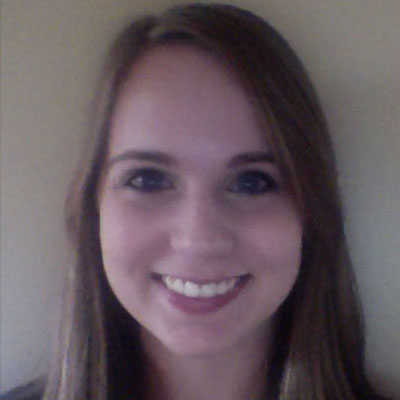 |
October 27, 2014 Danielle Rue (UNL undergrad) "Women’s Studies at the University of Nebraska Lincoln: A Brief Digital History" Fall 2014 WGS Colloquia Danielle Rue, a Women’s and Gender Studies major at UNL, presented her website/digital history project that explores the early years of the UNL's Women's Studies program in the 1960s and 1970s as well as UNL's general attitude towards issues of race, gender, and sexuality during that period. |
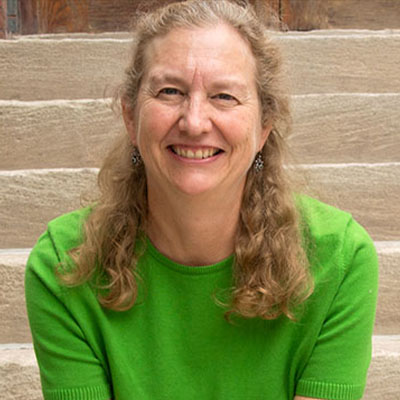 |
November 10, 2014 Margaret Jacobs "If Everyone Cared: Transnational Indigenous Women’s Activism and Child Welfare, 1960-1980" Fall 2014 WGS Colloquia Jacobs’s presentation followed the transnational trails of two Indigenous women activists from the United States and Australia as they uncovered the ubiquity and trauma of Indigenous child removal in their nations and Canada in the 1960s and 1970s. These and other Indigenous women activists made child welfare a central issue in Indigenous movements for self-determination in the late twentieth century. |
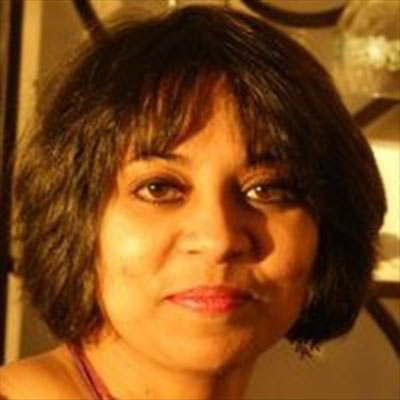 |
February 3, 2014 Basuli Deb "Saving the Muslim Woman" Spring 2014 WGS Colloquia On November 17, 2001, then first lady Laura Bush addressed the nation via the president’s weekly radio speech, becoming the first presidential wife to do so. Emphasizing, “The fight against terrorism is also a fight for the rights and dignity of women," she reminded other nations of their global responsibility, by virtue of a “common humanity,” to ally with the US War on Terror. She appealed to the world to kick off a global endeavor against the violence on Muslim women and children in Afghanistan upheld by the al-Qaeda and the Taliban. In Basuli Deb's talk transnational feminism confronts imperialist feminism as she traced what “Saving the Muslim Woman” came to mean as the war unfolded in Afghanistan and Iraq. |
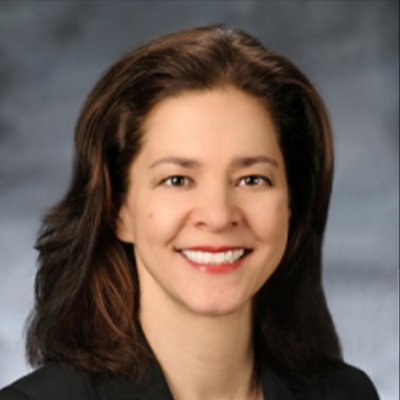 |
March 14, 2014 Bernadette Andrea "“Travelling Bodyes”: Theorizing Subaltern Women’s Movements in(to) Protoimperialist England, c. 1560-1580 Spring 2014 WGS Colloquia Dr. Andrea discussed early modern discourses of empire and cross cultural exchange between women of the West and the Islamic world. Her talk is the keynote address of the 2014 James A. Rawley Graduate Conference in the Humanities. This event is the keynote address of the 9th Annual James A. Rawley Graduate Conference in the Humanities. |
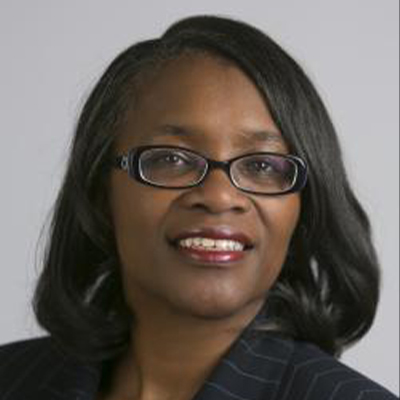 |
March 18, 2014 Venetria K. Patton "The Grasp that Reaches Beyond the Grave: The Ancestral Call in Black Women’s Literature" Spring 2014 WGS Colloquia Dr. Patton discussed the treatment of the ancestor figure in African American women’s writing, investigating how they draw on African cosmology and the interrelationship of ancestors, elders, and children to promote healing within the African American community. |
 |
September 16, 2013 Amy Vanderpool Peter, Meidlinger Amy Arellano, Christina Ivey, and Allison Bonander (UNL grad students) "Spotlight on Graduate Student Research: LGBTQ Health and Well-Being" Fall 2013 WGS Colloquia: LGBTQ Perspectives on Health and Well-Being This event showcased graduate student research from across the university. Panelists discussed their common interest in LGBT health and well-being from a range of disciplinary perspectives. “Gender-Inclusive Language Best Practices,” Amy Vanderpool (Counseling Psychology) “Disclosure, Concealment, and Well-being in Lesbian, Gay, and Bisexual Individuals,” Peter Meidlinger (Clinical Psychology) “‘No Matter What:’ A Dialogic Analysis of Turning Points and Interaction in Parent/LGBT Child Relationships,” Amy Arellano, Allison Bonander, and Christina Ivey (Communication Studies) |
 |
October 7, 2013 Mignon Moore "In the Shadow of Sexuality: LGBT African American Elders and Social Support" Fall 2013 WGS Colloquia: LGBTQ Perspectives on Health and Well-Being Dr. Moore discussed her work on the physical and mental health of lesbian and gay elders in New York and Los Angeles as they are affected by sexual identity, social support, community institutions, and medical care. She also examined the experiences of Black LGBT people as they entered into gay sexuality prior to and throughout the 1960s and '70s as well as their current experiences with their racial communities as they age. |
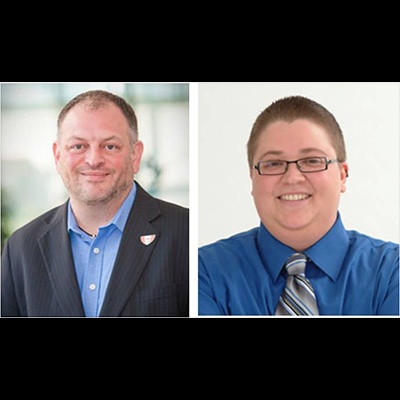 |
October 28, 2013 Jay Irwin and Christopher Fisher "Socio, Political, and Medical Impacts on Transgender Health: National Patters and Local Experience" Fall 2013 WGS Colloquia: LGBTQ Perspectives on Health and Well-Being Transgender identities and related issues continue to gain prominence in the media and public discourse. As more and more transgender persons "come out," there is a need for a deeper understanding of social issues like policies of health care companies, legal documentation, as well as health disparities. Drs. Jay Irwin and Christopher Fisher from the Midlands Sexual Health Research Collaborative gave a presentation and discussion of the poignant social and health issues faced by transgender persons. |
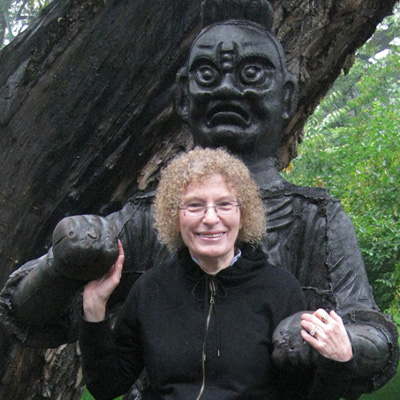 |
March 1, 2013 Janet Kourany "But What Happens When the Scientists are Women?" 2013 NO LIMITS CONFERENCE / Spring 2013 WGS Colloquia: Science & Gender Matters When it comes to the issue of women as scientists, the persistent concern has been that the science will be less sound if women are allowed to conduct it because women are not as analytically gifted as men. Kourany challenged us to move beyond this assumption in a variety of ways. First, there has been a pattern of achievement by women entering the sciences, revolutionizing their fields as well as uncovering the biases. Yet Kourany also pointed to the complexity of women’s participation. Not only were there (and still are) women scientists who conduct research in the same old ways, but there are also male scientists who are on board for change. |
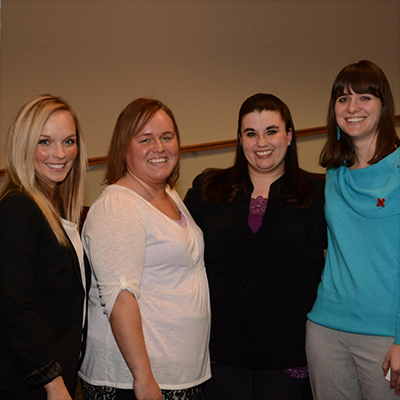 |
March 2, 2013 Emmilie Baker (UNL undergrad), Kara Brostrom (UNL grad student), and Maggie Shauer (UNL grad student) "Applying Gender to Psychology Research: Helping Students Create New Knowledge" 2013 NO LIMITS CONFERENCE / Spring 2013 WGS Colloquia: Science & Gender Matters In this roundtable discussion, a panel of students described their experiences working with Professor Sarah Gervais’s research team, which applies gender analysis to psychology research. They began by sharing details about their individual projects, which include such topics as objectification, obesity stigma, and self-sexualization. The roundtable then proceeded to an informal Q & A, in which audience members can participate. In this open conversation, students discussed things like: how they like this research, their most interesting discoveries, how they first got involved with the project, and the opportunities and challenges that come from research. |
 |
April 16, 2013 Jeannette Eileen Jones "Gender, Race, and the Missing Link: Science and the Transatlantic Debate on “The Negro Question”" Spring 2013 WGS Colloquia: Science & Gender Matters Dr. Jones explored the transformation of evolutionary thought pre and post-Darwin on transatlantic debates over the enslavement, emancipation, and enfranchisement of the “Negro.” She focused on the gendering and racialization of the so-called “Missing Link”—the unknown intermediary figure that linked humanity to other mammals in the evolutionary chain. This figure was often linked to African women and apes in popular imagination and popular science. |
 |
September 27, 2012 Rose Holz "Whose Business is it Anyway?: Or, How the American Birth Control League Waged Battle against Commercial Birth Control Clinics in the 1930s" Fall 2012 WGS Colloquia: Reproductive Issues: Past and Present Drawing upon her recent book on the history of Planned Parenthood, historian Rose Holz described the birth control clinic movement in the 1930s, which witnessed the emergence not just of the more commonly described charity clinics but also commercial ones. What Holz reveals is an unexpected story ― about the breadth of the clinic movement and the charity movement’s efforts to contain it. |
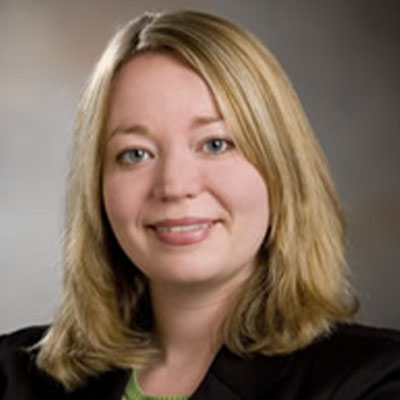 |
October 25, 2012 Julia McQuillan and Karina Shreffler "Surgical Sterilization, Regret, and Race: Contemporary Patterns" Fall 2012 WGS Colloquia: Reproductive Issues: Past and Present Surgical sterilization is a relatively permanent form of contraception that has been overused on Black, Latina, and Native American women in the United States in the past. McQuillian and Shreffler explored if sterilization is still more common and more consequential among Black, Latina, and Native American women compared to White women in the United States, and if the patterns are the same for all marginalized groups. McQuillan and Shreffler argue that their findings suggest that stratified reproduction has not ended in the United States and that the patterns and consequence of sterilization continue to vary by race. |
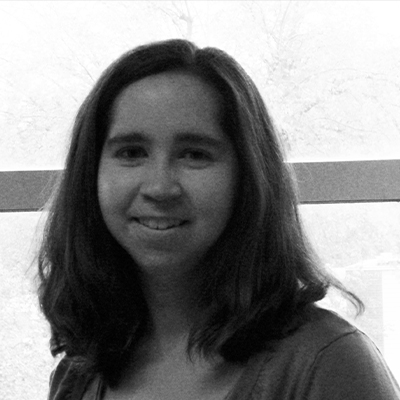 |
November 12, 2012 Kathleen Lacey (UNL grad student) "This Giving Birth”: The Politics of Pregnancy and Childbirth in African American Women’s History and Literature Fall 2012 WGS Colloquia: Reproductive Issues: Past and Present American Black women’s pregnant bodies have historically been used and abused for profit, experimentation, and population control. Linking this history to African American women’s literature, Kathleen Lacey explored the ways Black women authors reveal the complicated and nuanced experiences of being Black while pregnant. The Daily Nebraska featured an article about "'This Giving Birth':The Politics of Pregnancy and Childbirth in African American Women's History and Literature." |
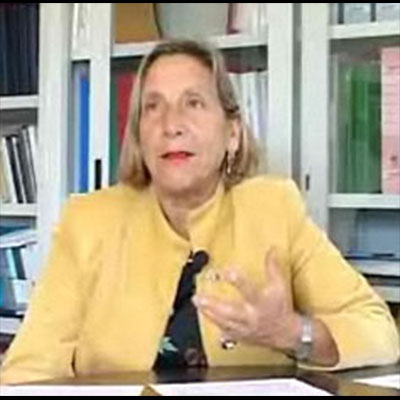 |
January 18, 2012 Marina Camboni "Whitman’s Leaves, Gamberale’s Foglie D’erba, and the Language of Futurism and Fascism" Spring 2012 WGS Colloquia: Masculinities Camboni offered a talk exploring the use and abuse of manlieness in the translation of Walt Whitman's works. |
 |
April 3, 2012 Rose Holz (moderator), James Garza, Jan Deeds, and Iker González-Allende "Roundtable: Incorporating Masculinities into Women’s & Gender Studies" Spring 2012 WGS Colloquia: Masculinities |
 |
March 1, 2012 |
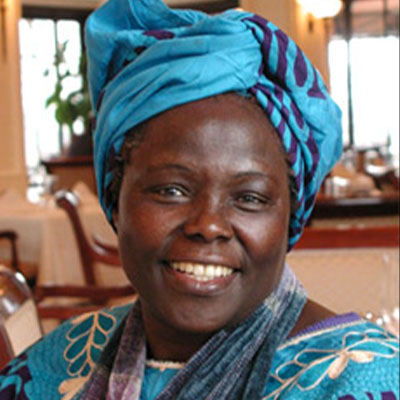 |
September 28, 2011 |
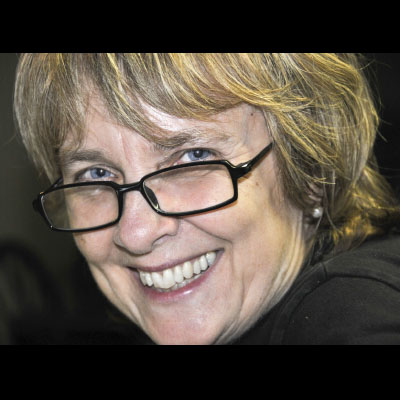 |
October 10, 2011 Margot Fassler "Playing at the Center of the Cosmos: Meaning of Hildegard’s Ordo Virtutem" Fall 2011 WGS Colloquia Fassler spoke about Hildegard von Bingen (1098-1179). Hildegard was a German abbess, visual and musical artist. She is known as "Sybil of the Rhine" and produced major works of theology and visonary writings. |
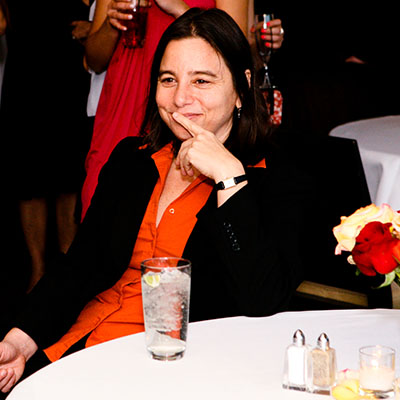 |
October 26, 2011 Sarah Schulman "The History of ACT-UP" Fall 2011 WGS Colloquia Shulman discussed ACT-UP's history and her work associated witht he organization. She also showed a neap preivew sample of the upcoming feature film "UNITED IN ANGER: A History of ACT UP," directed by Jim Hubbard and produced by Hubbard and Schulman. |
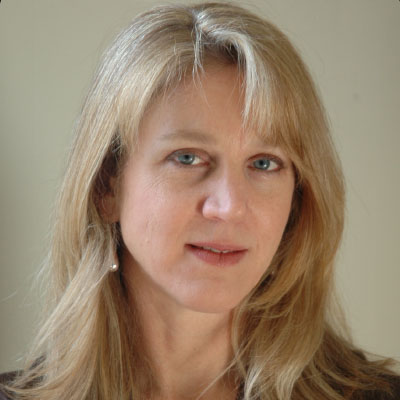 |
January 24, 2011 |
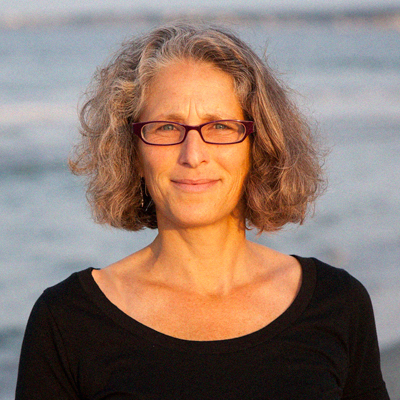 |
March 15, 2011 Monosson explored what some describe as "the leaky pipeline," the trickle of women scientists out of traditional scientific domains. While addressing why women in particular are pushed/pulled out of scientific communities, Monosson simultaneously calls for new understandings of what it mieans to be a scientist and do scientific work, highlighting the many ways scientist-parents still contribute to the scientific community. |
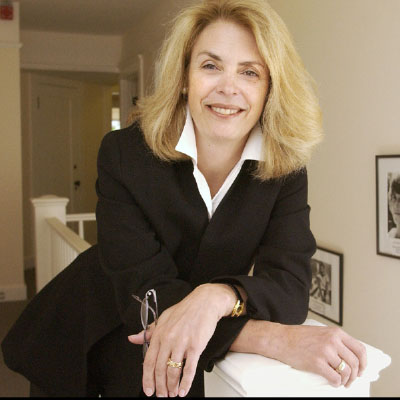 |
April 4, 2011 Londa Schiebinger "Gendered Innovation in Science and Engineering" Spring 2011 WGS Colloquia: Science & Gender Matters Schiebinger explored three distinct levels for analyzing issues concering women and gender in science: 1) efforts to increase the number of women in science, 2) programs to remove bias and barriers from the institutions of science, and 3) analyses of sex and gender in research results. |
 |
September 13, 2010 Paul Dosh and Emily Hedin "Building Dignity: From Scholarship to Activism in Latin America" Fall 2010 WGS Colloquia Dosh and Hedin are the founders of and discussed Building Dignity, a non-profit development organizatino that advances an anti-poverty agenda grounded in scholarship and grassroots action. |
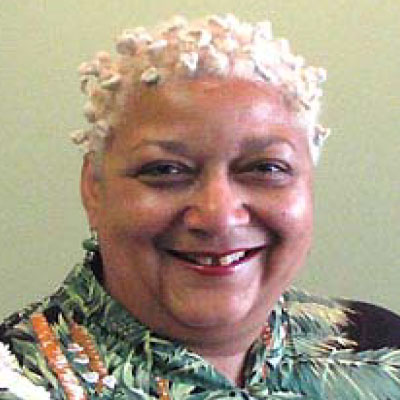 |
October 20, 2010 Jewelle Gomez "Reading of Creative Work" Fall 2010 WGS Colloquia Gomez read collections of her own poetry, novel, and personal essasy. Her writing focused on topics such as ethnicity, gender, and sexuality. |
 |
October 21, 2010 Margaret Jacobs "Colonizing the Senses: New Sensory Regimes for Indigenous Children on the Great Plains and in Australia, 1880-1940" Fall 2010 WGS Colloquia Jacobs shared a part of her book that examined how institutions in both nations aimed to sever the connections between indigenous children and their homelands through replacing the children's prior sensory conceptions of season and place with new sensory regimes founded on abstract notions of time and space. |
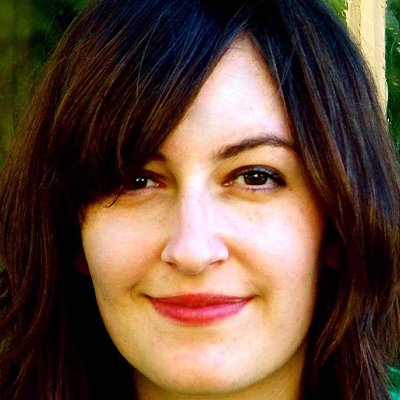 |
January 25, 2010 Lindsay Kerns (UNL undergrad) "The Life and Surprising Adventures of Film Adaptation: Autobiographical Biography as a Mysterious Act of Translation" Spring 2010 WGS Colloquia Kerns explored the thrilling high seas adventure story of Mary Ann Talbot, a cross dressing sailor in the early 19th century. She also discussed the ethical dilemmas of biography and the logistical challenges of film and stage adaptations. |
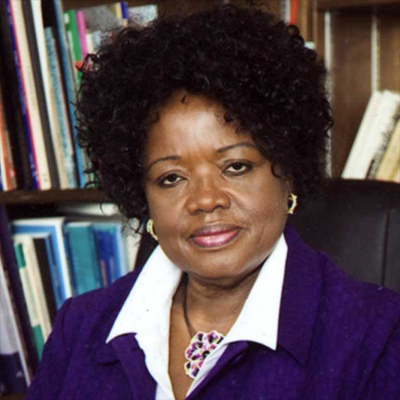 |
March 5, 2010 This presentation sought to answer the question: Is feminism translatable? In other words, can feminism cross borders and survive, and in what form(s) does it survive? In answering this question, Nnaemeka examined what became of feminism in its travels in and out of Africa by focusing on the following issues: ownership and appropriation, borders and border-crossing, disaggregation, domestication and "doing gender." |
 |
March 31, 2010 Chantal Kalisa, Laura Roost (UNL grad student), and Meera Bhardwaj (undergrad, NE Wesleyan) "Gender, Politics, and Identity in Post-Conflict Rwanda" Spring 2010 WGS Colloquia Panelists described their experiences whil in Rwanda in July 2009, as a part of a trop hosted by the interdisciplinary Genocide Studes Center in Kigali. They also shared testimonials they heard from the women survivors of the 1994 genocide of Tutsi and the ways in which they are contributing to the efforts of reconstruction and reconciliation. |
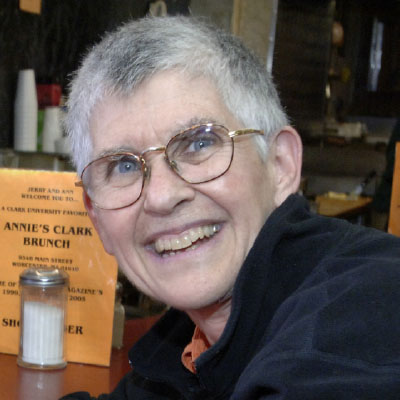 |
September 17, 2009 Cynthia Enloe "Picking up the Pieces: When is a War Really “Over” in Women’s Lives?" Fall 2009 WGS Colloquia: Feminism Without Borders Enloe focused on how women's emotional and physical labor has been used to support governments' war-waging policies. |
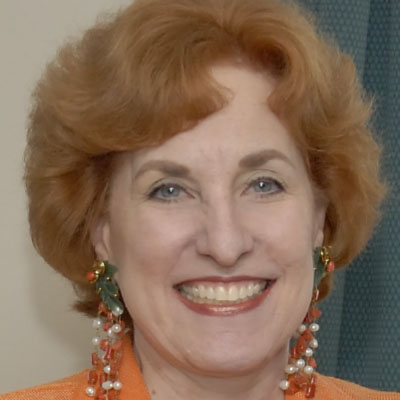 |
October 29, 2009 Leslie Wolfe "Lifting as We Climb”: Global Feminist Revolution for Women’s Human Rights Fall 2009 WGS Colloquia: Feminism Without Borders Wolfe discussed the Center for Women Policy Studies, the nation's first feminist policy institute, founded in 1972. Wolfe also discussed her work from a multiethnic feminist lens through which it views all issues affecting women and girls. |
 |
November 9, 2009 Carrie Walker (UNL grad student) "Breaking Silences and Enacting Justice: Advocating Women’s Rights at the United Nations" Fall 2009 WGS Colloquia: Feminism Without Borders Walker discussed her findings and experiences as a respresentative of the Women's and Gender Studies Transational Feminism group. She also attended the Commission on the Status of Women Conference at the United Nations in New York. |
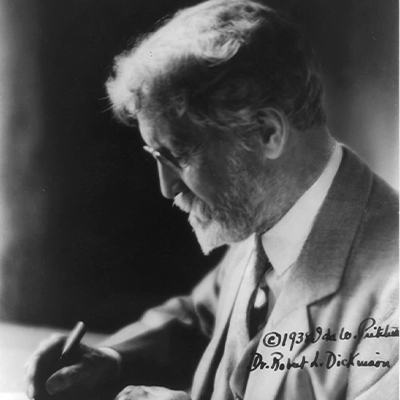 |
February 10, 2009 Rose Holz and Sarah Rodriguez "Meet Dr. Dickinson: Probably the Most Influential Sexologist of the 20th Century About Whom You’ve Never Heard" Spring 2009 WGS Colloquia: Women, Gender, Science, & Medicine Holz and Rodriguez examined the work and legagy of the complex and controversial Dr. Robert L. Dickinson, whose pioneering work shaped the rise of 20th-century American sexology and influenced the lives of women for generations to follow. |
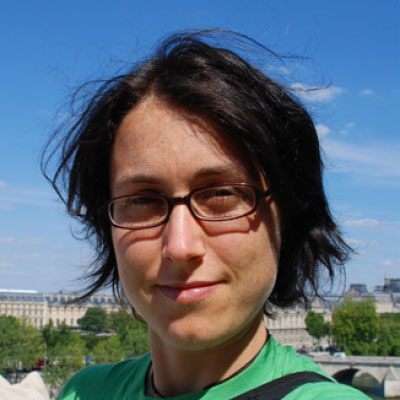 |
March 3, 2009 Virginia Braun "Questioning “The Designer Vagina”: A Critical Analysis of Female Genital Cosmetic Surgery" Spring 2009 WGS Colloquia: Women, Gender, Science, & Medicine Braun described how female genitial cosmetic surgery (FGCS) procedures are deeply problematic. Braun provided a critical feminist analysis around FGCS, highlighting key areas of concern. |
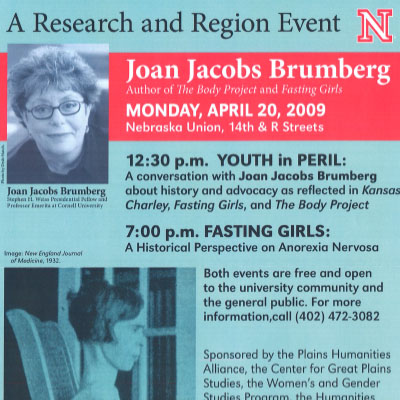 |
April 20, 2009 Joan Jacobs Brumberg "Fasting Girls: A Historical Perspective on Anorexia Nervosa" Spring 2009 WGS Colloquia: Women, Gender, Science, & Medicine Brumberg discussed history and advocacy as reflected in Kansas Charley, Fasting Girls, and The Body Project. |